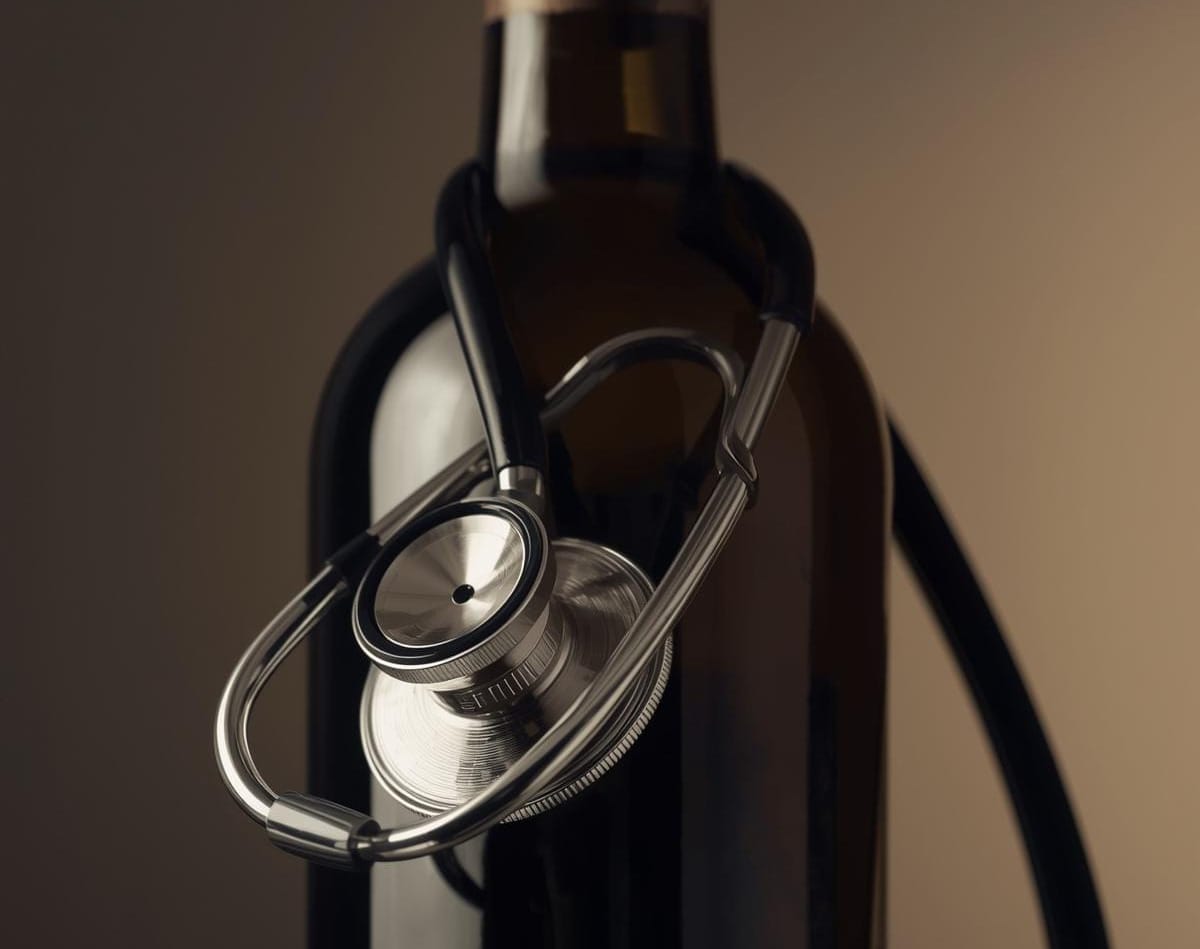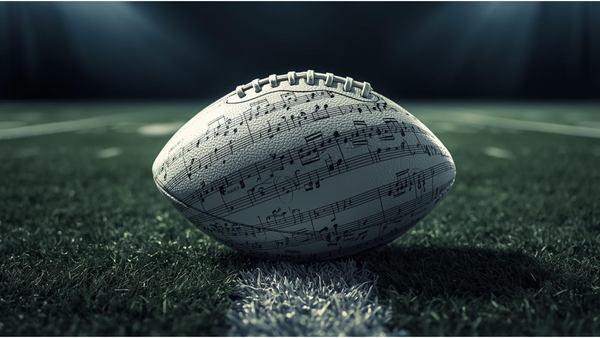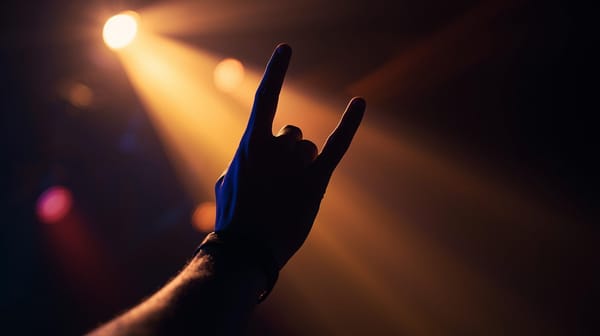Stop Calling Alcoholism a Disease
The cycle I lived matches every description of addiction. It simply wasn’t treated like one.

The cycle I lived matches every description of addiction. It simply wasn’t treated like one.


For a month that ends early, February covered a lot of ground. Royal headlines, cultural goodbyes, Olympic debates, AI-stuffed Super Bowl ads, and a Disney cruise I'll never go on.

After months of writing, editing, and strategizing, the internet decided it preferred me lip-syncing with my kid instead. I have questions.

Who decided the halftime show needed to solve America's problems in 13 minutes? I can't even wash my hair that fast.

Too much skin, not enough Skynyrd.